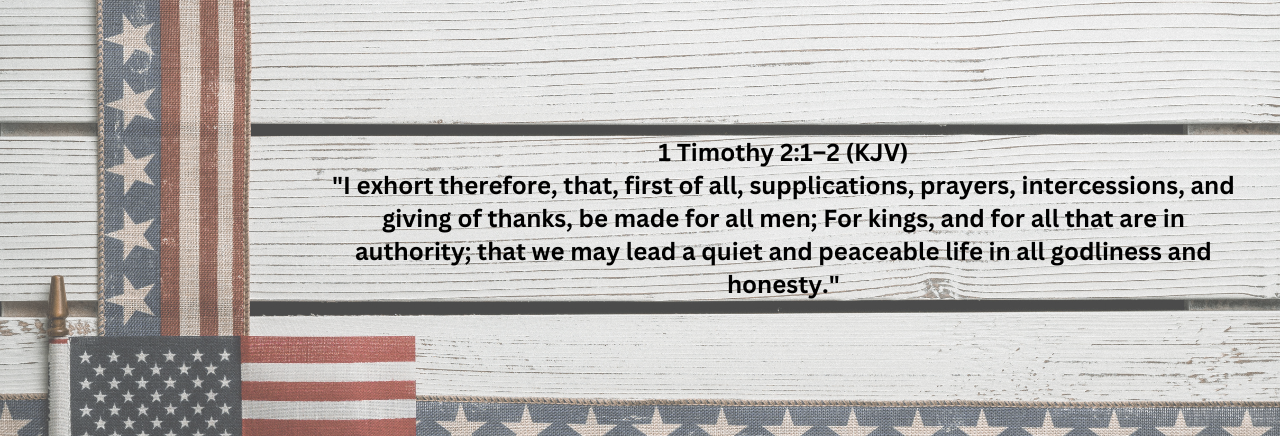
In 1 Peter 3:15, there’s a call to readiness, a readiness not merely for the mundane tasks of life, but for something deeper and more profound. It’s a readiness to engage with others, to articulate the hope that resides within, and to do so with a certain gravity and conviction.
The verse speaks to a fundamental aspect of human existence: the quest for meaning.
Each person, consciously or subconsciously, seeks to make sense of the world around them, to understand their place in it, and to find purpose in their existence. In the center of life’s uncertainties and trials, hope emerges as a guiding light, a beacon that illuminates the path forward.
But hope is not merely a passive sentiment; it’s an active force that propels us forward, even in the face of adversity. It’s the belief that there is meaning and purpose to be found, even in the darkest of times. And it’s this hope that Peter urges his readers to be ready to explain, to articulate, to defend.
The call to “always be prepared” is a reminder that this readiness is not optional; it’s a fundamental aspect of our faith journey. We cannot afford to be complacent or indifferent when it comes to matters of the soul. Instead, we must be intentional in our engagement with others, willing to share the reasons for our hope with anyone who asks.
But what does it mean to give an answer for the hope that we have?
It’s more than just reciting a set of beliefs or doctrines; it’s about sharing our personal journey, our experiences, and the ways in which our faith has transformed our lives. It’s about being authentic and vulnerable, willing to open ourselves up to scrutiny and questioning.
In a world that often seems cynical and despairing, the hope that we have as Christians is a powerful testimony to the redemptive work of God in our lives. It’s a hope that transcends the trials and tribulations of this world, a hope that is rooted in the promise of a better tomorrow.
So how do we cultivate this readiness to give an answer for the hope that we have?
It begins with a deepening of our own faith, a commitment to prayer, study, and reflection. It means being willing to wrestle with the tough questions, to grapple with doubt and uncertainty, and to emerge with a stronger and more resilient faith.
But it also requires a willingness to engage with others, to listen with empathy and compassion, and to meet people where they are. It means being willing to enter into dialogue with those who may hold different beliefs or perspectives, recognizing that we all have something to learn from one another.
Ultimately, being prepared to give an answer for the hope that we have is not just a personal obligation; it’s a collective responsibility.
As members of the body of Christ, we are called to bear witness to the hope that resides within us, to share it boldly and unapologetically, and to invite others to experience the transformative power of God’s love.




Leave a Reply